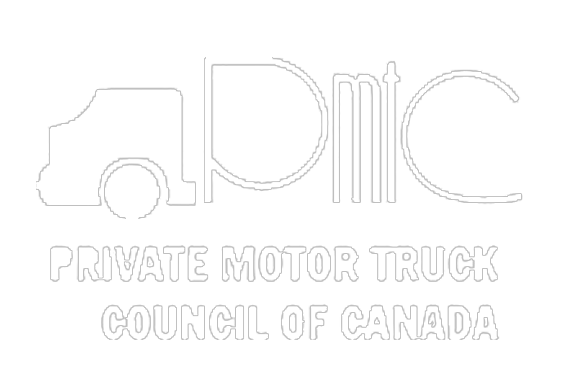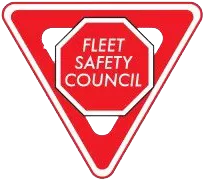On his first day in office United States President Joe Biden revoked the permit for the Keystone XL pipeline. This project was designed to pump 830,000 barrels of Alberta tar sands oil daily to refineries on the Gulf Coast of Texas. Now that Keystone XL is squashed, Alberta only has one destination for the oil it produces.
Alberta oil and gas represents 10% of Canada’s GDP. In comparison, all of our Agri-Food production only represents 6.9% of our GDP.
Enter the Trans Mountain Pipeline, a project that started in 1947. At present, it is undergoing a massive expansion. Trans Mountain is the route for unlocking new Pacific markets for the Alberta oil sands. It has also become essential for both the Alberta and Canadian economies.
The road for the Trans Mountain Pipeline has been tumultuous, but with the cancellation of the Keystone XL, the project has become a necessity.
If Alberta, with its population of four million people, were a country, it would be the fifth-largest oil-producing nation. While it produces conventional oil, most originates from the Alberta oil sands, the world’s third-largest proven oil reserve at 170 billion barrels.
The Trans Mountain Pipeline carries crude and refined oil from Alberta to the coast of British Columbia. Lately, we have seen world oil prices rocket up and then crash down in the short term. Both environmental and indigenous groups have worked diligently to drive a nail through the pipeline’s heart. And even the neighbouring province of B.C. has battled with Alberta as to whether the pipeline should be built across its’ lands.
Trans Mountain has been around for 70 years. In 1947, large oil deposits were discovered near Leduc Alberta. The idea for a pipeline from Alberta to B.C. quickly emerged, driven by a growing demand for oil in both Asia,
Canada’s west coast, and the U.S. The American military also had a keen interest in developing this infrastructure so that oil could be more easily accessed for its use.
In 1951 the Trans Mountain Pipeline Co. was created by an Act of Parliament. Ownership of the company was split between Canadian Bechtel Ltd and America’s Standard Oil. In 1953 oil began pumping through the pipeline (which had cost a total of $93 million).
In 2004, Kinder Morgan ventured to add a second pipeline, running parallel to the first. In 2008, that project was completed, increasing capacity by 40,000 barrels per day.
In 2013, Kinder Morgan proposed another development of the pipeline with a second span, built roughly parallel to the existing pipeline. The project would expand its capacity from 300,000 barrels per day to 890,000 barrels per day, tripling capacity to the B.C. coast.
This proposal attracted great controversy due to the potential environmental impact of oil spills. Legal challenges were mounted by environmentalists and First Nations groups. In early 2018 Alberta and B.C. engaged in a trade war over the expansion project.
At that juncture, Houston Texas-based Kinder Morgan lost patience with the continuous holdups and opposition to the project. Trans Mountain was abruptly sold to the Canadian government for $4.5 billion.
The oil and gas industry disdained the idea of public ownership for a project they felt should be held in private hands.
Upon completion, the Trans Mountain pipeline is estimated to cost $12.6 billion.
Biden’s cancellation of Keystone XL means that landlocked Alberta oil would be trapped unless the Trans Mountain’s expansion was completed. “This pipeline is even more valuable now,” said Joe Dion, chief executive of Western Indigenous Pipeline Group, one of several First Nations groups interested in buying Trans Mountain from the government.
Dennis McConaghy, former executive vice-president of TC Energy Corp. which played a major role in the Keystone project said in an interview on January 21, that Trans Mountain is the only “practical alternative” Canada has since Keystone XL’s cancellation.
He went on to say that the Biden move to cancel the project was unwarranted. “Canada is entirely entitled to have this permit restored.”
A First Nations coalition hopes to buy 51% of TMX (Trans Mountain Expansion) this year. “All eyes are now on TMX,” said Delbert Wapass, executive chair of coalition Project Reconciliation after the Keystone XL cancellation. Sharing Trans Mountain’s profits would help improve living conditions on First Nations, he said.
The Federal government bought Trans Mountain for its strategic importance say, industry insiders. Landlocked Alberta oil would then have access to the Pacific enabling shipment of oil to Asia, and the United States (the U.S. is still our biggest oil market). With the cancellation of the Keystone XL pipeline, Trans Mountain has become essential to Canada’s future.
Problems still exist for the Trans Mountain pipeline. Alberta tar sands oil is considered environmentally unfriendly to extract. With global oil prices below $65 a barrel, Alberta tar sands oil is economically unviable to produce (today’s oil prices run about $55 per barrel). COVID-19 has diminished world oil demand meaning prices are expected to remain low for 2 or three years ahead.
On the plus, despite the recent push to find renewable sources of energy and move away from fossil fuels, the amount of oil produced in northern Alberta is projected to double by 2030.
Ironically the Keystone XL pipeline is mostly built. Biden has stopped it for now, but Canadian oil being transported to Texas refineries and ports would mean more American jobs. It may still rise from the dead. But by then the Trans Mountain pipeline will be in use. Should Keystone XL restart more markets for Alberta produced oil would be created.
If not, the Trans Mountain pipeline will undoubtedly prove to be a godsend. To Alberta and its valuable oil production and also our Canadian economy. The Trudeau government took lots of heat and criticism at the time for stepping in and buying the Trans Mountain project from Kinder Morgan. But, it may prove to be one of his government’s most critically important moves.

